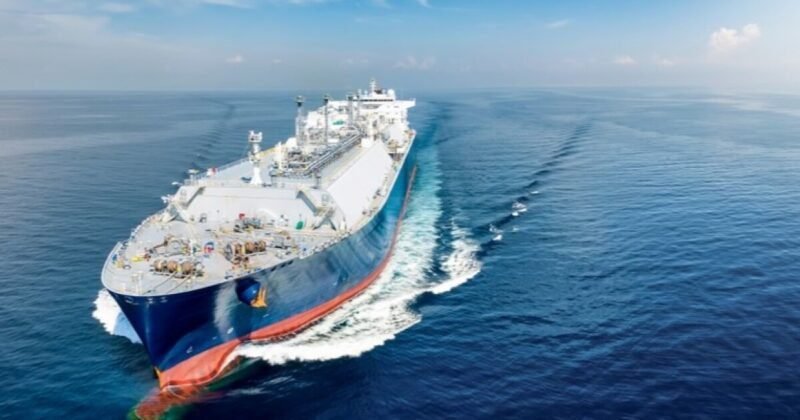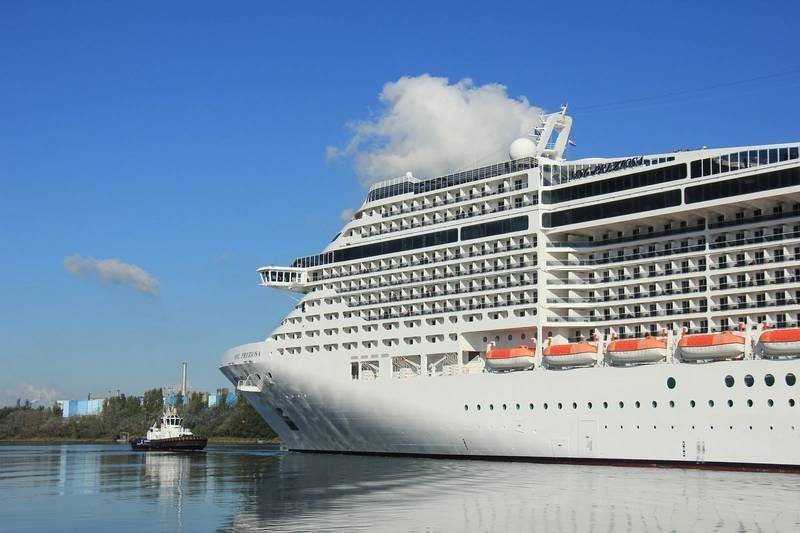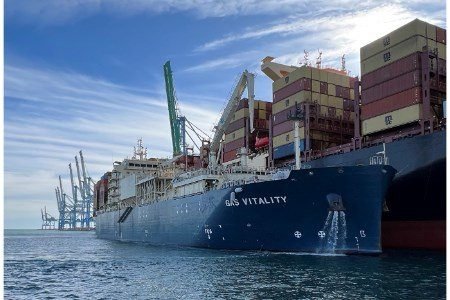At a recent oil industry conference, shipping company representatives highlighted LNG as a rapidly growing choice for low-carbon marine fuel in efforts to reduce emissions in the shipping industry. Despite its potential as a cleaner alternative, the industry faces challenges in transitioning to greener fuels like bio-LNG and green methanol due to increased competition from other sectors.
The shift towards LNG is seen as a crucial step in decarbonizing the shipping sector in the short term, with many companies recognizing its benefits in reducing greenhouse gas emissions. However, the adoption of cleaner fuels may be hindered by the availability and affordability of alternatives like bio-LNG and green methanol, which offer even lower carbon footprints.
As the shipping industry strives to meet emissions targets and regulations, the pressure to explore and invest in sustainable fuel options continues to grow. While LNG presents a promising solution for reducing carbon emissions, the industry must navigate challenges related to competition and accessibility of alternative fuels to achieve significant progress in decarbonization efforts. This highlights the importance of collaboration and innovation in driving the transition towards a more sustainable shipping industry.









